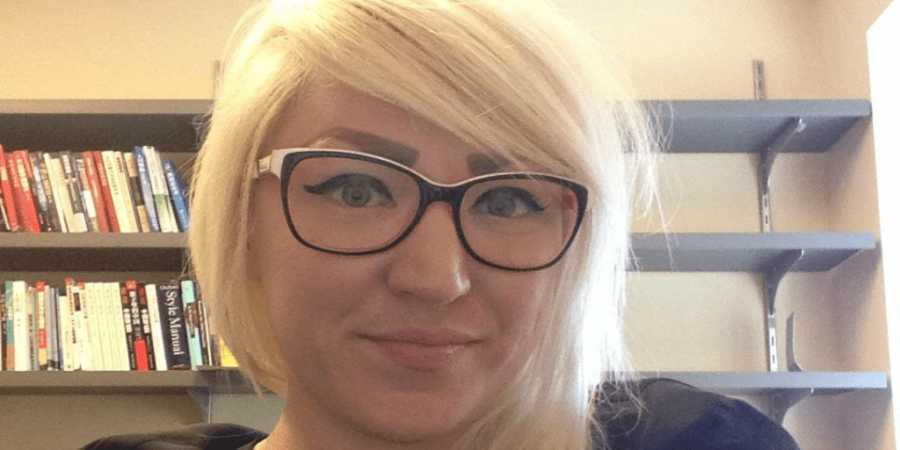Farid was diagnosed with impotency within the first few months of his marriage. In other households, the issue would be hushed up and the woman would often be blamed for this state of affairs, allowing the man to hastily divorce or take another wife. Not so with Farid. He chose to tackle the issue head-on.
One of the many unique things about Farid, the subject of this video, is his openness about his impotency. He was diagnosed within the first few months of his marriage. In other households, the issue would be hushed up and the woman would often be blamed for this state of affairs, allowing the man to hastily divorce or take another wife. Not so with Farid. He chose to tackle the issue head-on.
The subject of male impotency is rarely, if ever, discussed in the Middle East. The taboo operates on many different levels: it challenges the roles of men as all-powerful providers, of women as passive child-bearers, and of children as the sole purpose of wedlock.
This video looks at Farid’s long, painful and at times extraordinary journey to find a cure. Farid has tried everything from Western-style medicine in Pakistan to more traditional and esoteric forms of Islamic healing that are fused with older, Shamanic beliefs. This later cure involves the laying on of hands and recitation of verses from the Koran, along with the use of ritual objects and tokens (resembling some Christian faith-based cures). “I’m not ashamed about this problem that I have,” said Farid, a guard at Western NGO in Kabul, where I met him. “It’s God’s will that I have this, and it will be by God’s grace that I find a cure.”
Farid is also driven by a desire to keep his wife of the past four years, whom he says he loves dearly. The flip side of male domination in the Muslim world is that if he cannot perform his conjugal duties, and the wife succeeds in publicizing this fact, he will face a humiliating divorce. Farid has pre-empted that possiblity through his openness about the problem, but if he doesn’t find a suitable solution, his wife will face tremendous pressure from her family to leave him and find a husband who can provide her with children.
If that happens – inevitable, according to Farid – the best he can hope for is to marry a widow and raise her children. “But I haven’t given hope just yet of having [my own] children,” he says.
Jack Fairweather is a contributing filmmaker to Altmuslimah. He is also the Washington Post Global’s Islamic world correspondent and a contributor to Harper’s Magazine, Mother Jones and the Atlantic Monthly.



